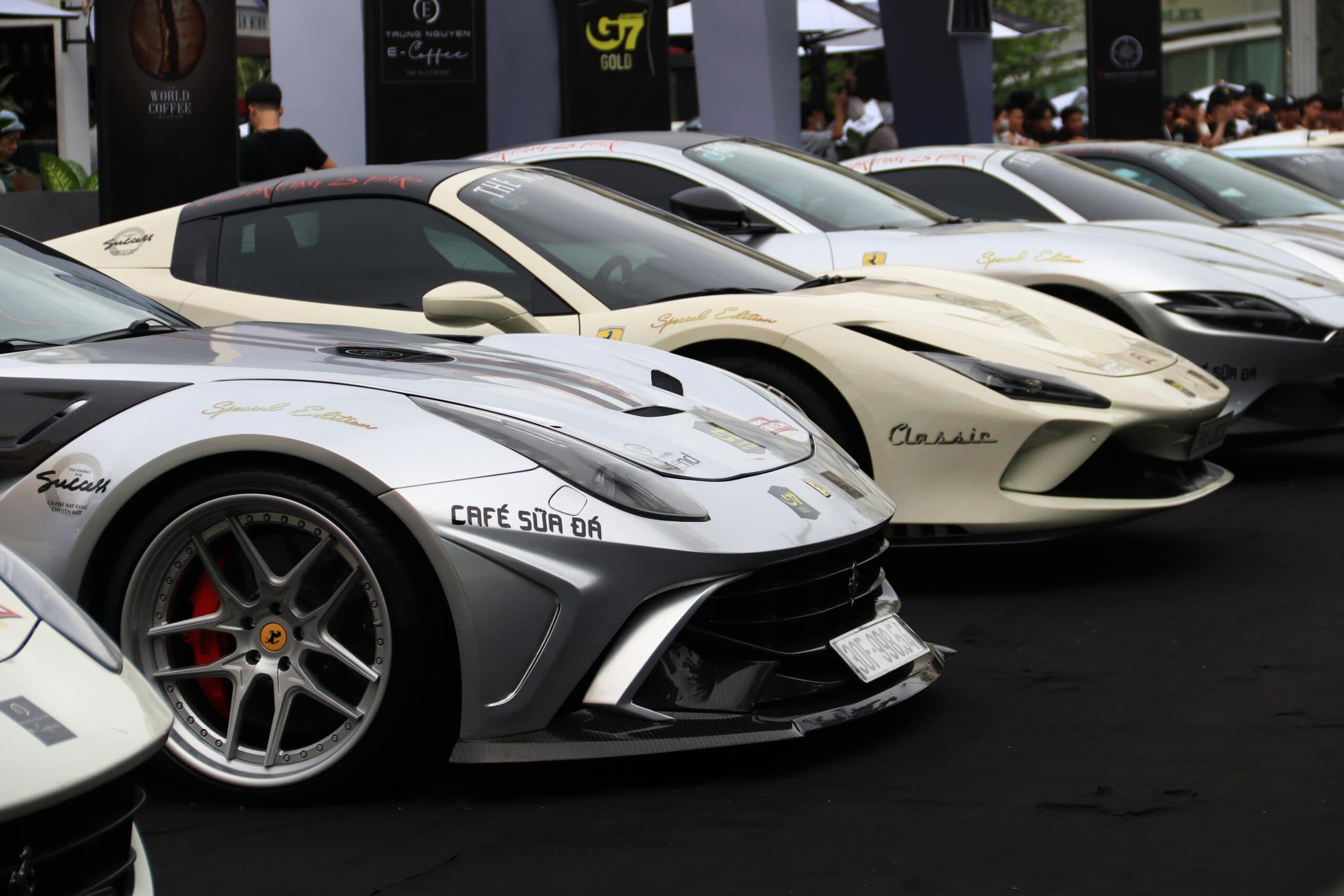
Celebrating the Past and Embracing the Future: Car Events in the UAE
🕓 June 1, 2024


Share it with friends!
Safe driving during Ramadan is crucial, as fasting can impact concentration, energy levels, and reaction time. With altered sleep patterns and a shift in schedules, drivers face unique hurdles on the road. Fear not, though! We’ve gathered essential strategies to help you stay safe and stress-free during this holy month. From prioritizing rest to planning your routes, these tips will ensure a smooth and secure driving experience while respecting the spiritual essence of Ramadan. Let’s explore how you can navigate traffic safely this Ramadan in the UAE.
Fasting from dawn till dusk can lower blood sugar levels, leading to reduced concentration and slower reaction times. This can impact decision-making skills, increasing the likelihood of accidents. To practice safe driving during Ramadan, recognize these changes and adjust your driving habits accordingly. If you feel lightheaded or fatigued, consider taking a short break before continuing your journey.
With late-night prayers and early morning meals, many drivers experience sleep deprivation, making it difficult to stay alert. Dehydration further reduces focus, leading to increased fatigue. To ensure safe driving, rest whenever possible and stay hydrated during non-fasting hours by consuming water-rich foods and drinks.
Driver fatigue is a significant risk factor during Ramadan. If you find yourself yawning excessively or struggling to keep your eyes focused, it’s best to pull over and rest. Taking regular breaks, especially in long drives, can help maintain alertness and reduce accident risks. Reaching your destination safely is always more important than arriving on time.
Getting enough sleep is essential. Adjust your schedule to accommodate rest, even if it means taking power naps during the day. Planning your travel routes and timing can help you avoid the stress of rushing, particularly during peak traffic times in the UAE before Iftar. Consider leaving earlier to account for potential delays and allow yourself a comfortable driving pace.
Following traffic rules is essential for road safety. Maintain a safe following distance, respect speed limits, and avoid aggressive driving. Being extra cautious and courteous—especially since other drivers might also be fasting—contributes to a safer road environment for everyone.
During Ramadan, emotions may run high due to hunger and fatigue. Practicing patience and courtesy toward fellow drivers fosters a more harmonious traffic flow and reduces road rage. Safe driving during Ramadan is not just about following traffic rules but also about embracing the spirit of patience and reflection.
Understanding when traffic is heaviest can make a world of difference. Peak congestion usually occurs just before Iftar, as many people rush home to break their fast. Early evenings and weekends can also see increased traffic due to prayers and social gatherings. To avoid unnecessary stress, plan your journeys during quieter times and steer clear of high-traffic areas whenever possible.
Taking regular breaks is crucial, especially when fasting can leave you feeling tired and dehydrated. Plan clear rest stops where you can recharge and stay alert. If traveling long distances, incorporate pit stops where you can rest, stretch, and break your fast if necessary. Navigation apps can also help you find less congested routes and manage unexpected delays efficiently.
Driving isn’t always the best option. During Ramadan, consider using public transport or ride-hailing services, especially during peak traffic hours or when feeling fatigued. Public transportation not only offers a safer alternative but also helps reduce road congestion. If driving feels overwhelming, choosing another mode of travel can provide peace of mind and ensure a safer journey.
Navigating traffic safely during Ramadan requires awareness, planning, and self-care. By prioritizing rest, managing fatigue, and scheduling your journeys wisely, you can maintain concentration and energy levels on the road. Avoid peak-hour congestion, practice patience, and consider alternative transportation when necessary. Implementing these safe driving strategies during Ramadan will not only protect your well-being but also contribute to a safer and more harmonious road environment for all. Wishing you a peaceful and stress-free Ramadan journey!
share your thoughts